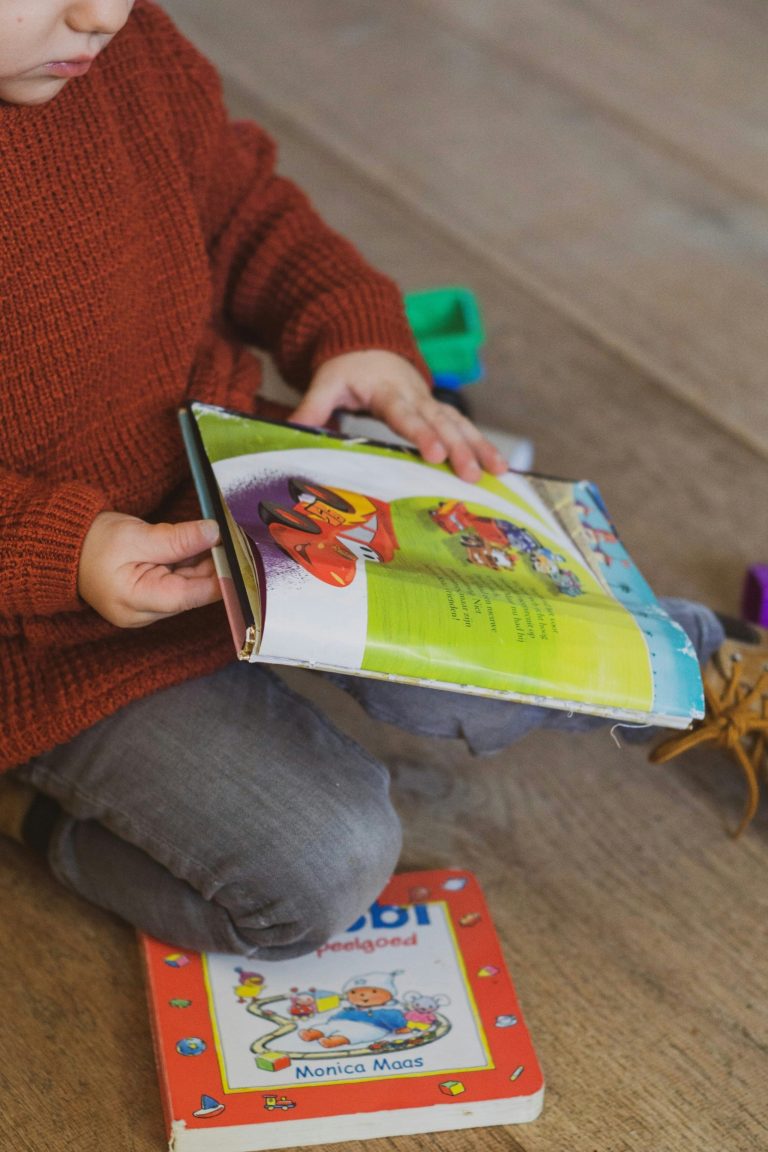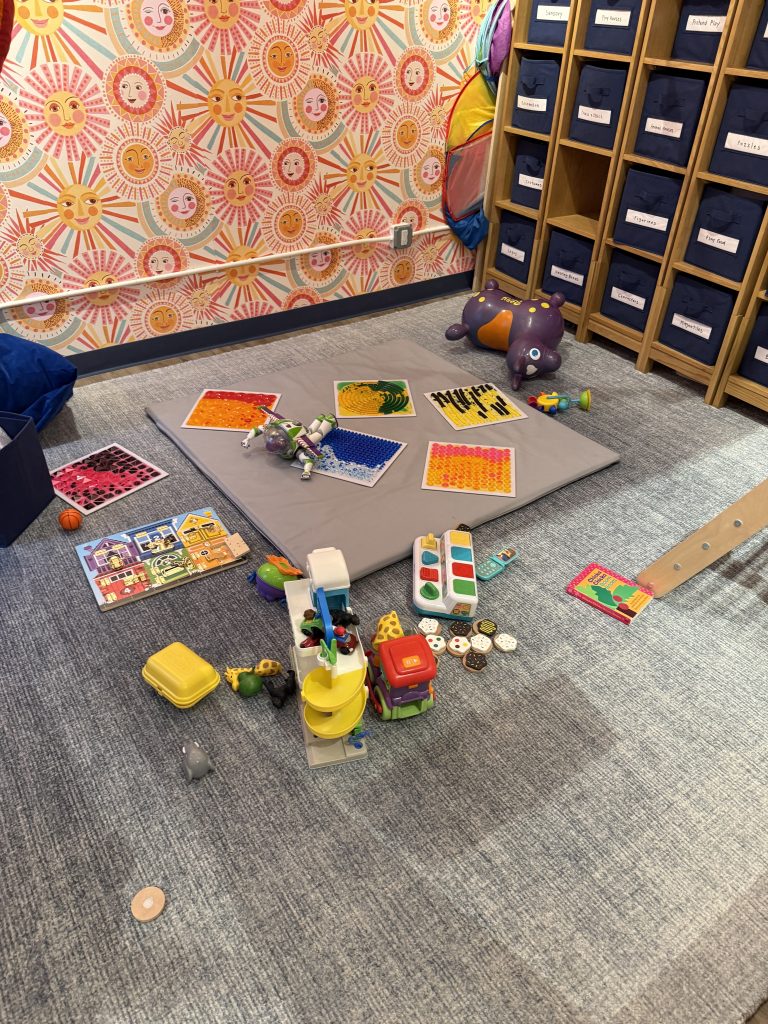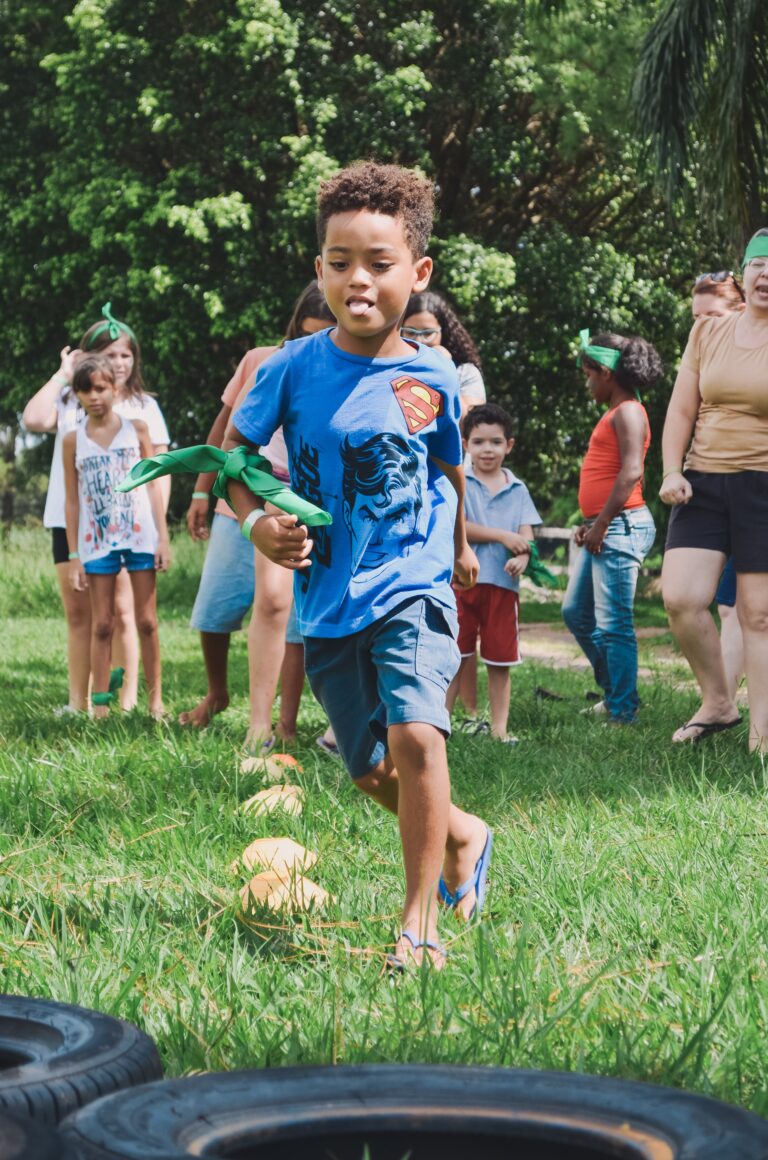Speech Therapy Activities Parents Can Do at Home in 10 Minutes a Day
To support your child's language development, focus on incorporating a few simple, effective strategies into your daily routine. By using these Speech Therapy Activities Parents Can Do at Home in 10 Minutes a Day, you can make a significant impact. First, make reading time interactive with repeated-line books like "Brown Bear, Brown Bear." Use different voices and pause to let your child fill in the blanks, which helps build their vocabulary and memory. Second, get down to your child's eye level to talk. Holding objects at your eye level encourages them to watch your mouth, which helps them learn how to form words. Third, respond to every sound your child makes—coos, babbles, or even grunts. Attribute meaning to their sounds and "serve it back" by turning their sounds into full sentences. Finally, use simple gestures while you talk to your child to give them a way to communicate before they have words, and consider creating a quiet play space, like a tent, for them to feel safe and calm.
Read More








